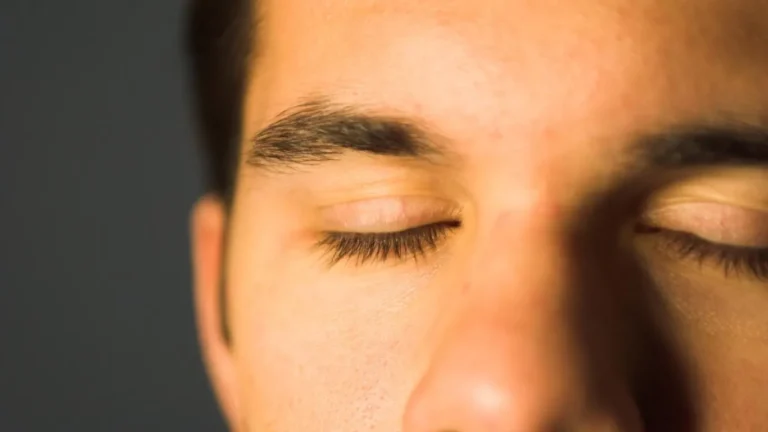Dangerous Signs of High Blood Pressure and Stiff Neck You Must Know
High blood pressure and stiff neck symptoms might not be a combo people talk about much at brunch, but let me tell you—it’s one that deserves way more attention than it gets. As an internal medicine physician, I’ve seen patients walk in worried about a sore neck, only to discover their blood pressure is through the roof. And sometimes, it’s the other way around. The neck stiffness brings them in, but the real issue lurking in the background? Hypertension. I can’t count how many times I’ve caught early signs of cardiovascular issues because someone thought they just “slept wrong.” Let’s unpack what’s really going on here.
What’s the Deal with High Blood Pressure and Stiff Neck Symptoms?
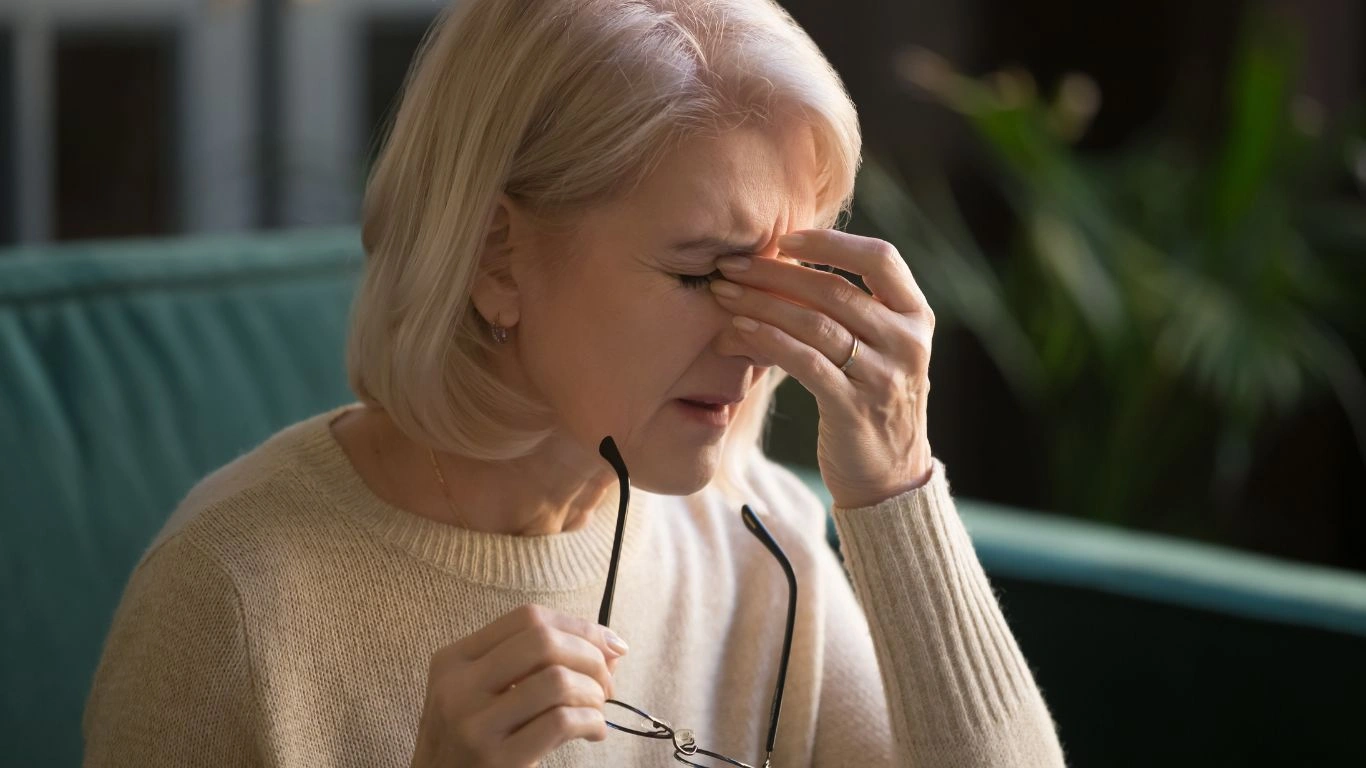
You might be wondering how two things like high blood pressure and a stiff neck are even connected. It’s not the most intuitive pair—but once you look a bit deeper, the connection becomes clearer. When your blood pressure is elevated consistently, it puts added stress on your vascular system. That tension can creep into the muscles around your neck and shoulders. And if you’re someone who holds stress in that area (hello, modern life), that muscular tension can become chronic, triggering stiffness and discomfort.
Why It’s Not Just “Sleeping Funny”
We’ve all woken up with a crick in our neck. That’s one thing. But when it lingers, happens often, or comes with headaches, lightheadedness, or fatigue, it’s time to look beyond your pillow. A chronically stiff neck could be a warning sign that something’s off internally—like your blood pressure. I remember a patient, mid-50s, came in thinking she pulled a muscle. Her BP? 168/102. She was shocked. Turns out, she’d been powering through stress and hadn’t had a check-up in years. That neck pain was her body screaming, “Hey, check the engine light!”
Let’s Talk About the Physiology
High blood pressure, or hypertension, forces your heart to work harder to pump blood. Over time, this pressure can cause damage to blood vessels—especially the smaller ones feeding your brain and muscles. When circulation to your neck muscles becomes inefficient, lactic acid can build up, causing inflammation and stiffness. Add in tension from stress (which also spikes blood pressure), and you’ve got the perfect storm for persistent neck issues.
Signs You Shouldn’t Ignore
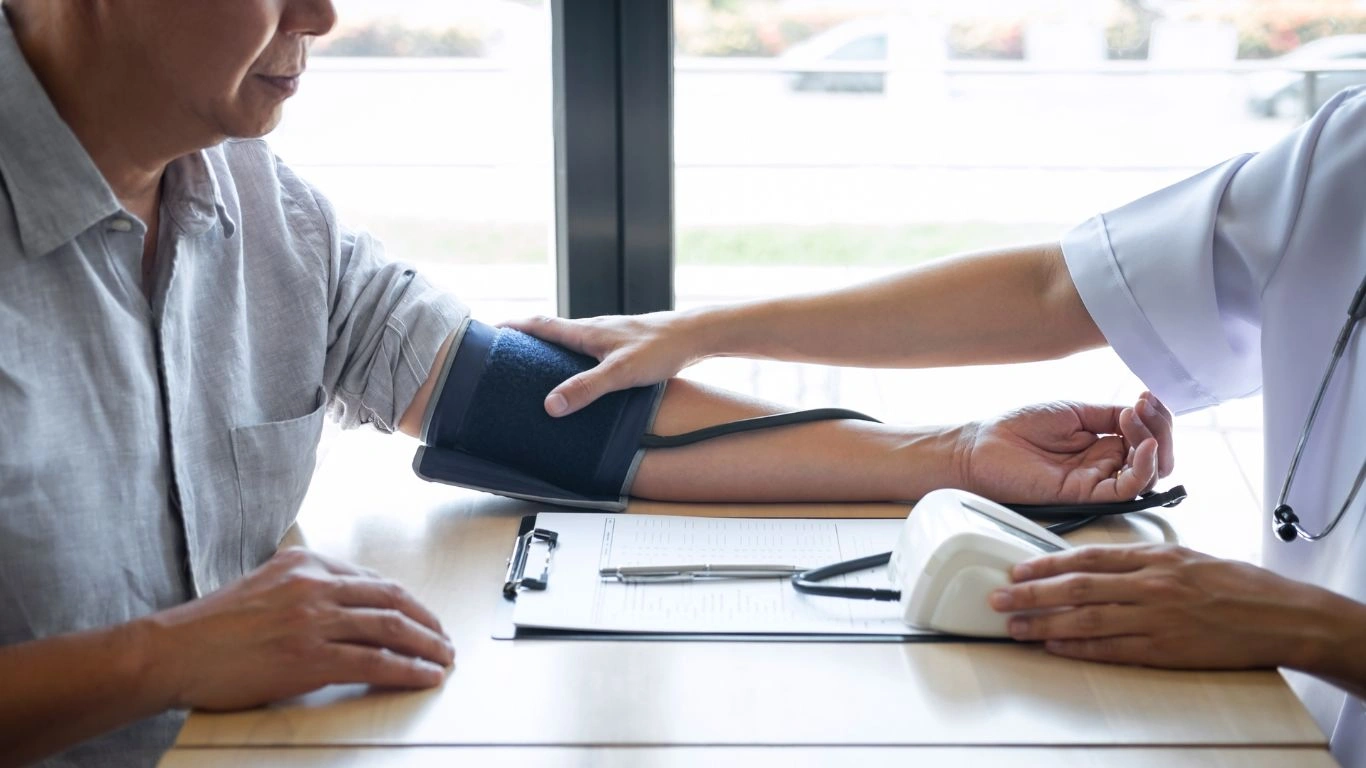
Here’s the kicker: high blood pressure is often called the “silent killer” for a reason. It doesn’t always show obvious symptoms—until it does, and it’s serious. That said, when paired with neck stiffness, these symptoms should absolutely be a red flag:
- Frequent headaches, especially at the back of the head
- Blurry vision or visual disturbances
- Dizziness or light-headedness
- Pounding sensation in the chest or neck
- Fatigue or confusion
- Facial flushing
If you’re experiencing a combo of these along with neck stiffness, it’s not something to brush off. I always tell my patients: your body whispers before it screams. Listen early.
Who’s Most at Risk?

As someone who manages hypertension day in and day out, I see certain patterns. Some people are more prone to developing this odd duo of high blood pressure and neck stiffness. Based on what I’ve seen, you might want to be extra mindful if you fall into these categories:
- People Over 40: Especially those juggling stressful careers (I see you, fellow physicians and nurses!)
- Chronic Stress Warriors: Anxiety and cortisol wreak havoc on both your BP and your muscles
- Sedentary Lifestyle: Sitting at a desk all day tightens your neck and raises cardiovascular risk
- Family History: Genetics play a major role in hypertension risk
- Sleep Apnea Sufferers: Yep, this one’s huge—and often undiagnosed
Now, I’m not saying every sore neck means you have high blood pressure. But if you’re ticking off a few of these risk factors, it’s time to consider the possibility. And the sooner we catch it, the better the outcomes. Prevention really is powerful—I’ve seen people turn their lives around with just a few changes in lifestyle and awareness.
How Stress Binds It All Together

Now let’s get real about stress. I’ve had plenty of patients walk into my clinic thinking they were just “tired and tense,” when really, stress had hijacked both their blood pressure and their muscle health. The mind-body connection is no joke. When you’re constantly in fight-or-flight mode—rushing through work, skipping meals, doom-scrolling late at night—your body doesn’t just cope, it compensates. And often, it does so at a cost.
Stress triggers a cascade of hormonal reactions—hello cortisol and adrenaline—that raise your heart rate and constrict your blood vessels. This combo spikes your blood pressure. At the same time, your muscles tense up, especially around your neck and shoulders. That’s a primitive reflex to protect vital areas like the brainstem and spine. It’s biology, not bad posture.
I remember one patient, an ICU nurse in her late 30s, who had a constant stiff neck and unexplained headaches. Her blood pressure was consistently 150s/90s—she had normalized it due to her chaotic schedule. But once she cut down her caffeine, added 10 minutes of deep breathing after work, and got back to journaling (her version of therapy), her symptoms and BP improved dramatically. The change was wild to see.
When to Worry: Red Flags That Need Medical Attention
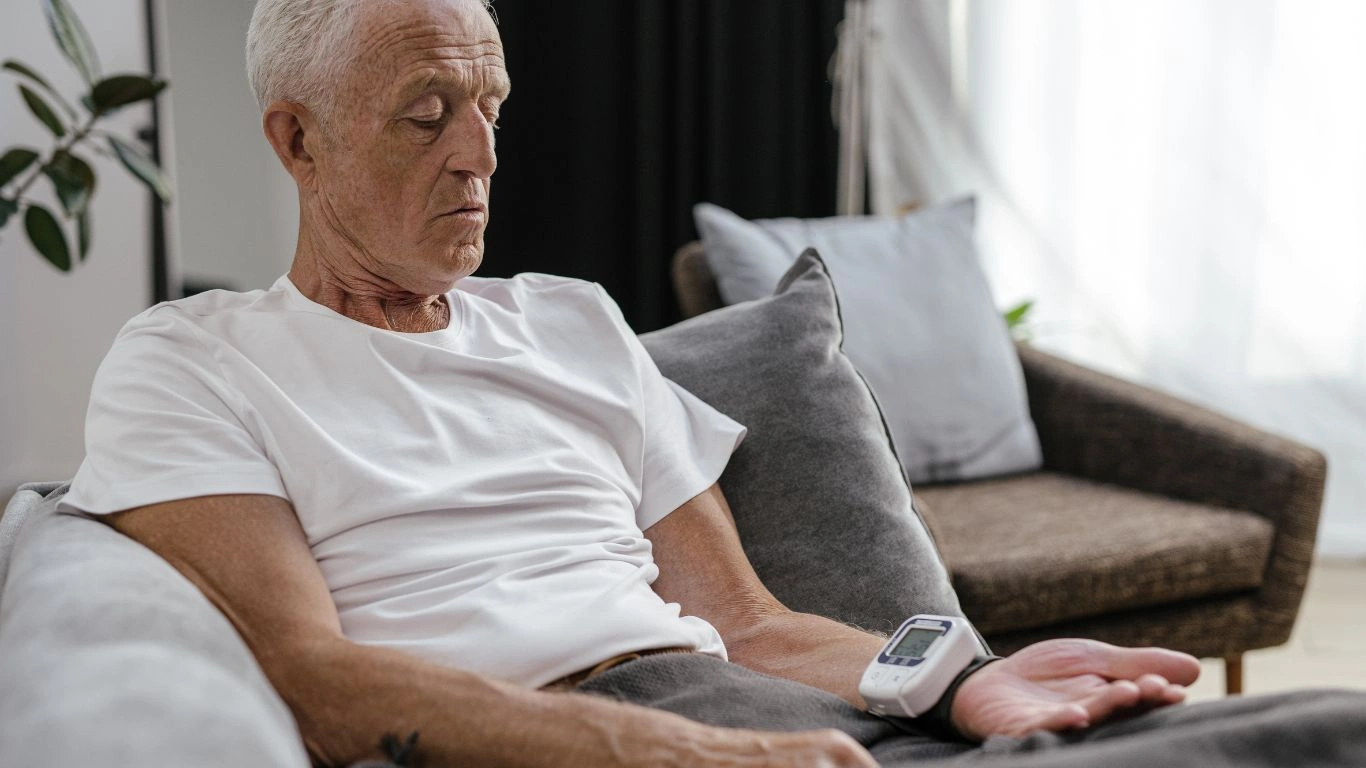
So, when do high blood pressure and stiff neck symptoms become a medical emergency? There’s a fine line between “I’ve got some tension” and “something’s seriously off.” And trust me, you don’t want to be on the wrong side of that line.
Here are a few urgent signs to watch for:
- Neck pain with a sudden, severe headache – especially if it’s unlike anything you’ve had before. Could be a warning sign for a hypertensive crisis or even an aneurysm.
- Blurred vision, confusion, or difficulty speaking – these could point toward a stroke. High blood pressure is a major stroke risk factor.
- Chest pain, shortness of breath, or palpitations – call 911. Don’t wait. These aren’t symptoms you “sleep off.”
- Neck stiffness with fever and light sensitivity – this might be meningitis, not just a musculoskeletal issue.
In my clinical experience, people often underestimate neck stiffness. It’s chalked up to tension or poor posture until it escalates into something more dangerous. That’s why I always ask patients to describe any “weird” accompanying symptoms, no matter how random they seem. Sometimes, it’s the off-hand comment about dizziness or jaw tightness that leads to a key diagnosis.
Practical Ways to Take Control
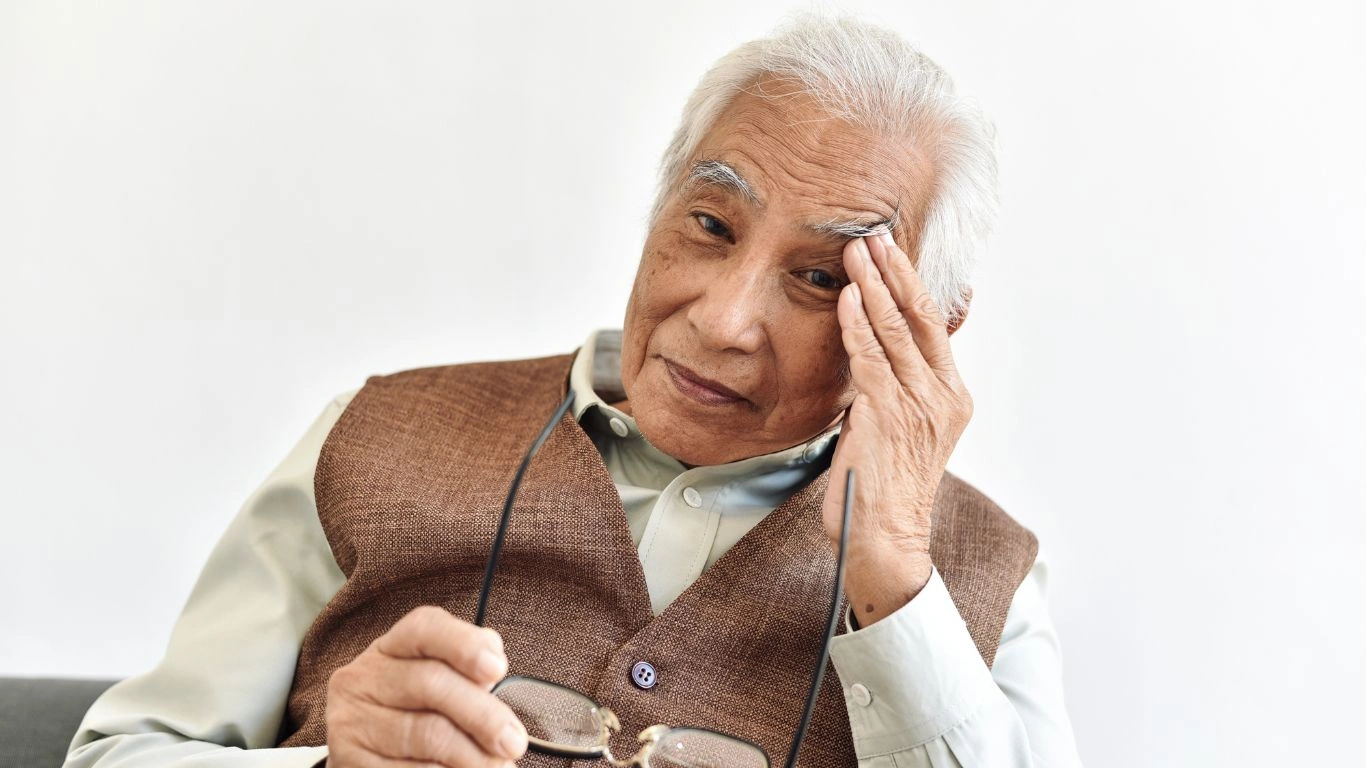
Here’s the good news—this isn’t something you’re powerless against. High blood pressure and stiff neck symptoms can both be managed, and in some cases, even reversed. But it does take consistency and intention. Here’s what I usually recommend to my patients:
1. Regular Blood Pressure Checks
You’d be shocked how many folks only check their BP at annual physicals—if that. Get a reliable home monitor. Take readings at different times of the day, and track them. Patterns matter more than single readings.
2. Address That Neck Pain Early
Don’t wait until it’s full-blown. Apply heat, stretch gently, and avoid poor posture. If your neck pain persists more than a few days, or if it’s accompanied by any of the red flags above, get evaluated. A physical therapist or even a gentle chiropractic adjustment (if safe and cleared by your doctor) can make a world of difference.
3. Lower Stress, Naturally
I’m not talking about quitting your job and moving to Bali—though tempting. But you can:
- Try guided meditation (even just 5 minutes a day helps)
- Unplug from screens an hour before bed
- Get moving—walk, dance, stretch, do yoga—whatever keeps your blood circulating
- Make time for joy. It’s not a luxury, it’s medicine
4. Eat and Sleep Like It Matters (Because It Does)
Too many patients overlook the role of sodium, caffeine, and sugar. These are the real villains in the hypertension story. Try a DASH-style diet—think lean proteins, fruits, leafy greens, nuts, and low-fat dairy. And don’t skimp on sleep. Poor sleep increases both blood pressure and muscle pain. I often say, your body does its best repair work when you’re off the clock and unconscious.
In my practice, the patients who see the best results are the ones who approach this holistically. Yes, we use medications when needed. But lifestyle shifts? That’s where the real magic happens. And no, it’s not always easy—but it’s absolutely worth it.
Integrating Medical Care: When to See a Specialist

Alright, so you’ve cleaned up your diet, started stretching that neck, and maybe even dusted off your yoga mat—awesome steps. But let’s be honest: some cases of high blood pressure and stiff neck symptoms need more than lifestyle tweaks. That’s where partnering with the right medical professionals really makes a difference.
As an internist, I often work with a care team that includes cardiologists, neurologists, and even physical therapists. There was this one patient—a middle-aged man who had been experiencing neck pain for months and thought it was just “tech neck.” After a full workup, we discovered his blood pressure was spiking during sleep due to undiagnosed sleep apnea. Once we addressed that, both his BP and neck tension started to improve. It’s never just one thing; the body is deeply interconnected.
If your symptoms are lingering despite your best self-care efforts—or if you’ve been diagnosed with hypertension but still feel “off”—don’t play the guessing game. Get evaluated. You might need:
- A 24-hour ambulatory blood pressure monitor to catch fluctuations
- A sleep study if fatigue and morning headaches are part of the picture
- Imaging (like MRI or CT) if neurological symptoms show up alongside neck stiffness
- Referral to physical therapy for posture correction and neck muscle balance
Everyday Habits That Make a Real Difference
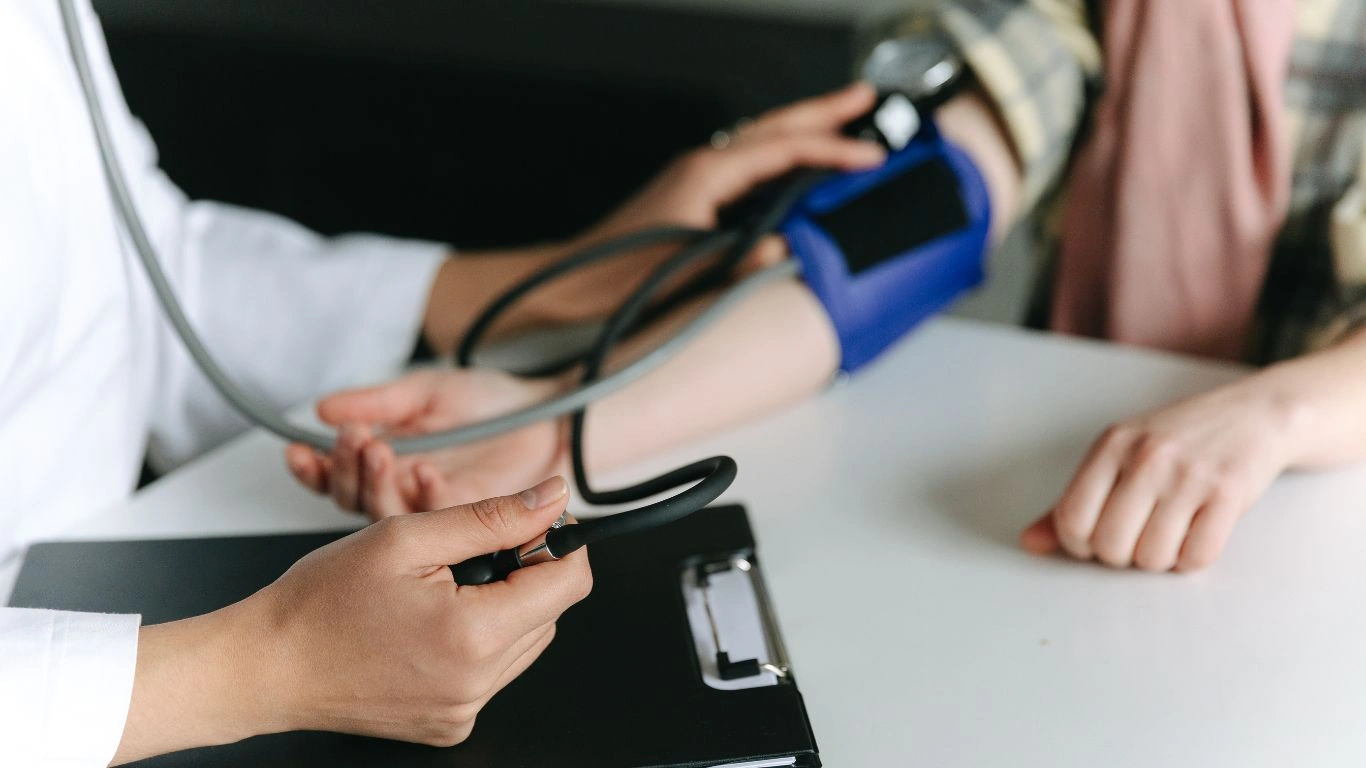
So, what does sustainable change look like in the real world? I tell my patients: don’t aim for perfect—aim for consistent. Building small habits that you can stick to is far more impactful than a short-lived health kick. Here’s what I encourage my own patients (and myself!) to do:
1. Hydrate Like You Mean It
Dehydration can tighten your muscles and increase your heart rate, which in turn elevates blood pressure. Keep a water bottle nearby and make sipping part of your routine, not an afterthought.
2. Move More, Sit Less
You don’t need to run marathons—just move. Take the stairs, do a few shoulder rolls at your desk, or sneak in a walk after dinner. Movement keeps your blood vessels supple and your muscles loose.
3. Watch the Stimulants
We all love our morning coffee (guilty!), but too much caffeine can spike blood pressure and worsen muscle tension. Try alternating with herbal teas, or at least stop caffeine intake by early afternoon.
4. Improve Your Sleep Hygiene
Sleep isn’t just for rest—it’s when your body recalibrates. Poor sleep leads to higher blood pressure and increased inflammation. Aim for 7–9 hours in a cool, dark, screen-free space. If your neck’s bothering you at night, invest in a supportive pillow (I’m a fan of memory foam, personally).
5. Be Your Own Advocate
Lastly, don’t downplay your symptoms. I’ve seen too many folks dismiss a stiff neck and fatigue, only to discover it was the tip of the iceberg. You know your body better than anyone—speak up, ask questions, and push for answers when something feels “off.”
Resources for Further Reading
If you want to dive deeper into the connection between high blood pressure and muscle health (including that pesky neck stiffness), these trusted resources are a great place to start:
- American Heart Association
- National Library of Medicine (PubMed)
- Centers for Disease Control and Prevention (CDC)
- Sleep Foundation
- American Academy of Family Physicians
Use these to back up your personal health journey, ask better questions at appointments, and gain confidence in understanding what your body is trying to tell you.
Disclaimer
This article is for educational purposes only and is not a substitute for professional medical advice, diagnosis, or treatment. Always consult your physician or other qualified healthcare provider with any questions you may have regarding a medical condition. As an internal medicine physician, I share insights from my clinical experience, but individual cases may vary.

Camellia Wulansari is a dedicated Medical Assistant at a local clinic and a passionate health writer at Healthusias.com. With years of hands-on experience in patient care and a deep interest in preventive medicine, she bridges the gap between clinical knowledge and accessible health information. Camellia specializes in writing about digestive health, chronic conditions like GERD and hypertension, respiratory issues, and autoimmune diseases, aiming to empower readers with practical, easy-to-understand insights. When she’s not assisting patients or writing, you’ll find her enjoying quiet mornings with coffee and a medical journal in hand—or jamming to her favorite metal band, Lamb of God.




